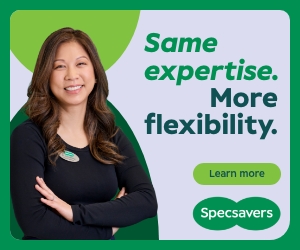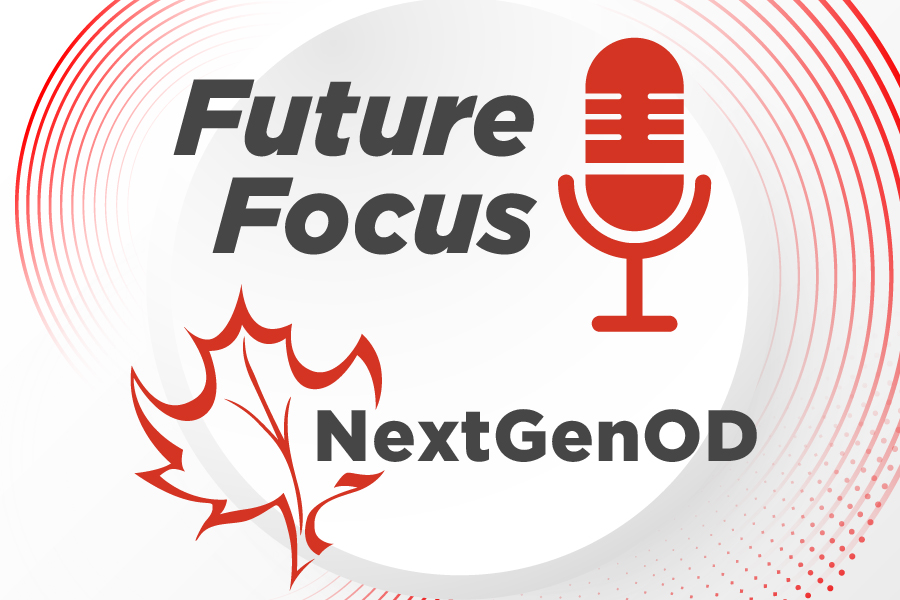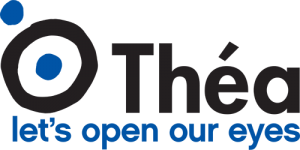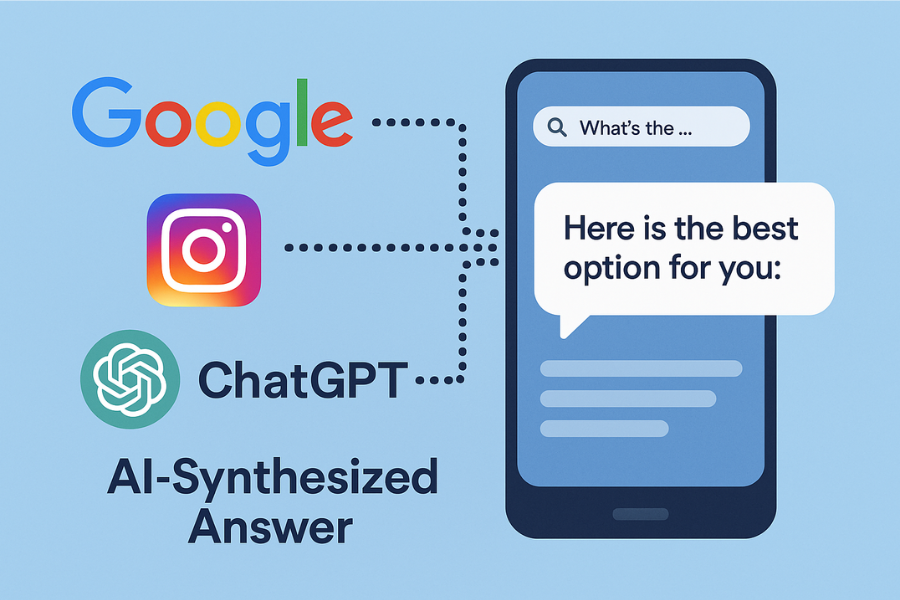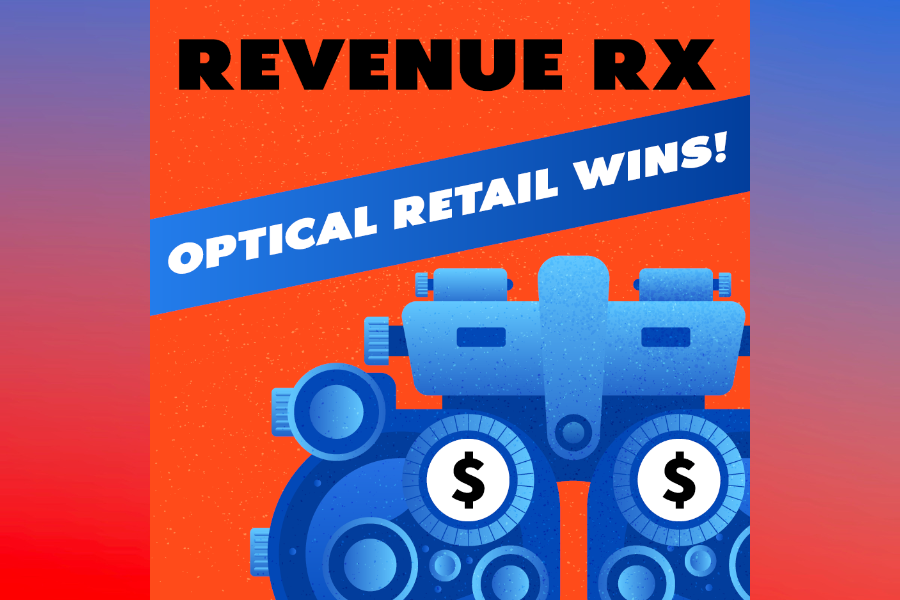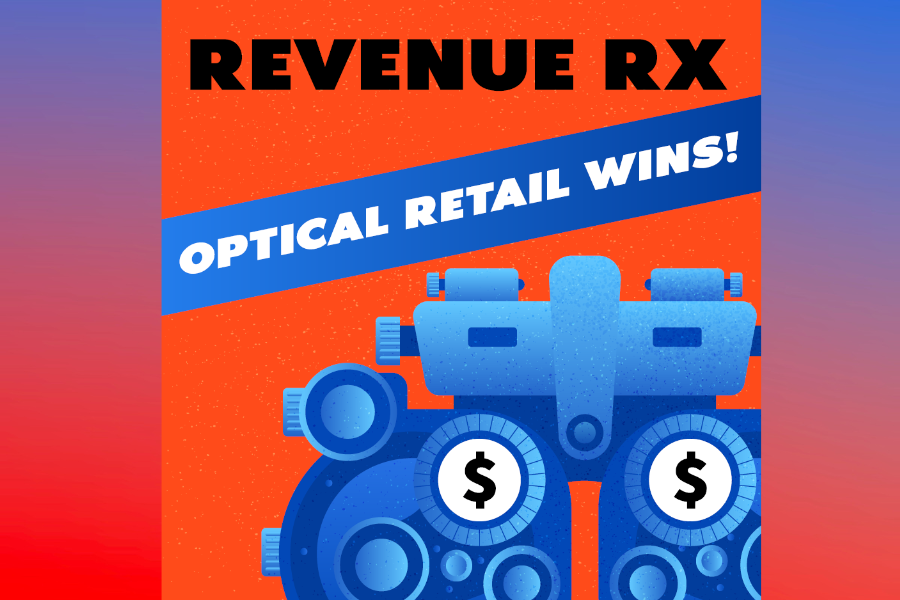Introduction à l’inscription sur Casino 770
L’inscription sur une plateforme de jeux en ligne doit être simple, rapide et sécurisée. Casino 770 propose un processus d’enregistrement optimisé pour permettre aux nouveaux utilisateurs de commencer à jouer en un temps record. Pour découvrir toutes les options et profiter pleinement des offres, visitez https://770bet.fr/, le site officiel où l’inscription est facile et accessible.
Le formulaire d’inscription est conçu pour recueillir uniquement les informations essentielles, garantissant ainsi une expérience fluide sans perte de temps.
Étapes clés de l’inscription rapide
Le parcours d’inscription sur Casino 770 se déroule en plusieurs étapes claires, dont la simplicité est un atout majeur :
- Création du compte : Remplissez un formulaire avec vos données personnelles (nom, prénom, date de naissance, email).
- Choix des identifiants : Sélectionnez un nom d’utilisateur et un mot de passe sécurisé.
- Validation des informations : Confirmez votre adresse email via un lien envoyé dans votre boîte de réception.
- Premier dépôt : Ajoutez un mode de paiement sécurisé pour commencer à jouer.
Cette séquence épurée réduit les délais, vous permettant de profiter rapidement des jeux et promotions.
Le processus de vérification des comptes
La vérification du compte est une étape obligatoire, imposée par la réglementation pour garantir la sécurité et la conformité :
- Vous devez fournir une pièce d’identité officielle (carte d’identité, passeport, permis de conduire).
- Un justificatif de domicile daté de moins de 3 mois peut être demandé.
- Parfois, une preuve du mode de paiement utilisé est exigée.
Cette étape protège à la fois le joueur et la plateforme contre les fraudes et le jeu illégal.
Avantages de la vérification rapide
Casino 770 met un point d’honneur à traiter les documents dans les plus brefs délais. Les avantages sont multiples :
- Paiements accélérés : Retirez vos gains rapidement.
- Conformité garantie : Pas d’interruptions pendant votre expérience de jeu.
- Accès à toutes les fonctionnalités : Certains bonus sont accessibles uniquement après vérification.
Liste des documents acceptés pour la vérification
- Carte d’identité nationale ou passeport.
- Permis de conduire.
- Facture de services publics (eau, électricité, internet).
- Relevé bancaire récent.
Tableau résumé des délais et documents nécessaires
| Étape | Délai moyen | Documents typiques |
|---|---|---|
| Création du compte | Immédiat | Informations personnelles |
| Validation email | Quelques minutes | Adresse email |
| Soumission des documents | 1 à 3 jours ouvrés | Pièce d’identité, justificatif domicile |
| Vérification complète | 24 à 72 heures | Validation par le service client |
FAQ – Questions fréquentes
Q1 : Combien de temps prend l’inscription sur Casino 770 ?
R : L’inscription initiale se fait en quelques minutes seulement, mais la vérification complète peut prendre jusqu’à 72 heures selon la rapidité d’envoi des documents.
Q2 : Quels documents dois-je fournir pour vérifier mon compte ?
R : Une pièce d’identité officielle et un justificatif de domicile récent sont généralement requis.
Q3 : Que faire si la vérification est refusée ?
R : Contactez le support client avec des documents corrigés ou supplémentaires pour résoudre le problème.
Q4 : Puis-je jouer avant la vérification complète ?
R : Oui, vous pouvez jouer mais les retraits et certaines promotions restent bloqués jusqu’à la validation.
Q5 : Est-il sécurisé de fournir mes documents à Casino 770 ?
R : Absolument. Casino 770 utilise des technologies de cryptage avancées pour protéger vos données personnelles.
En résumé, le processus d’inscription et de vérification sur Casino 770 est conçu pour être rapide et sécurisé, garantissant une expérience de jeu optimale et conforme aux exigences légales. Pour commencer votre aventure en toute confiance, rendez-vous dès maintenant sur https://770bet.fr/.




